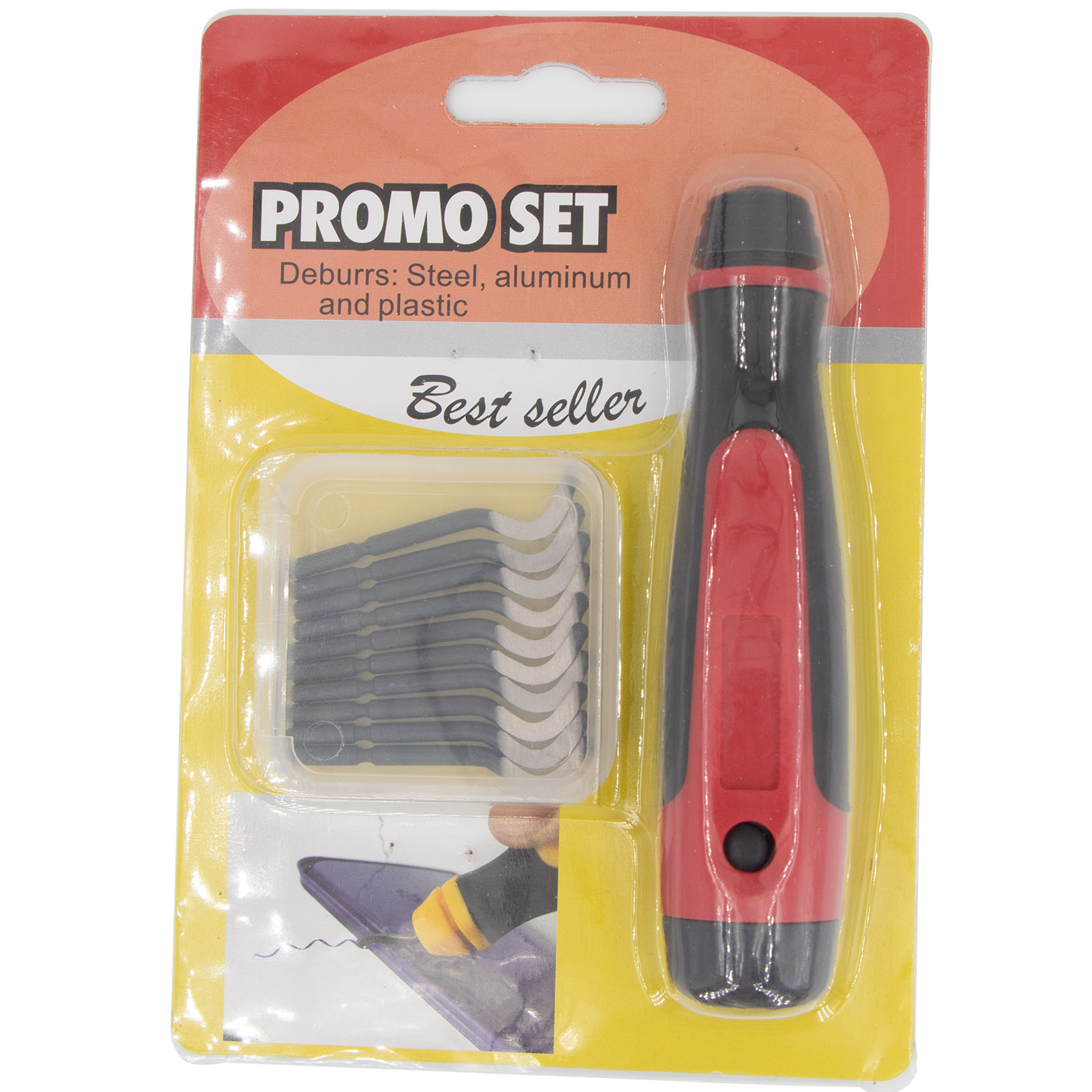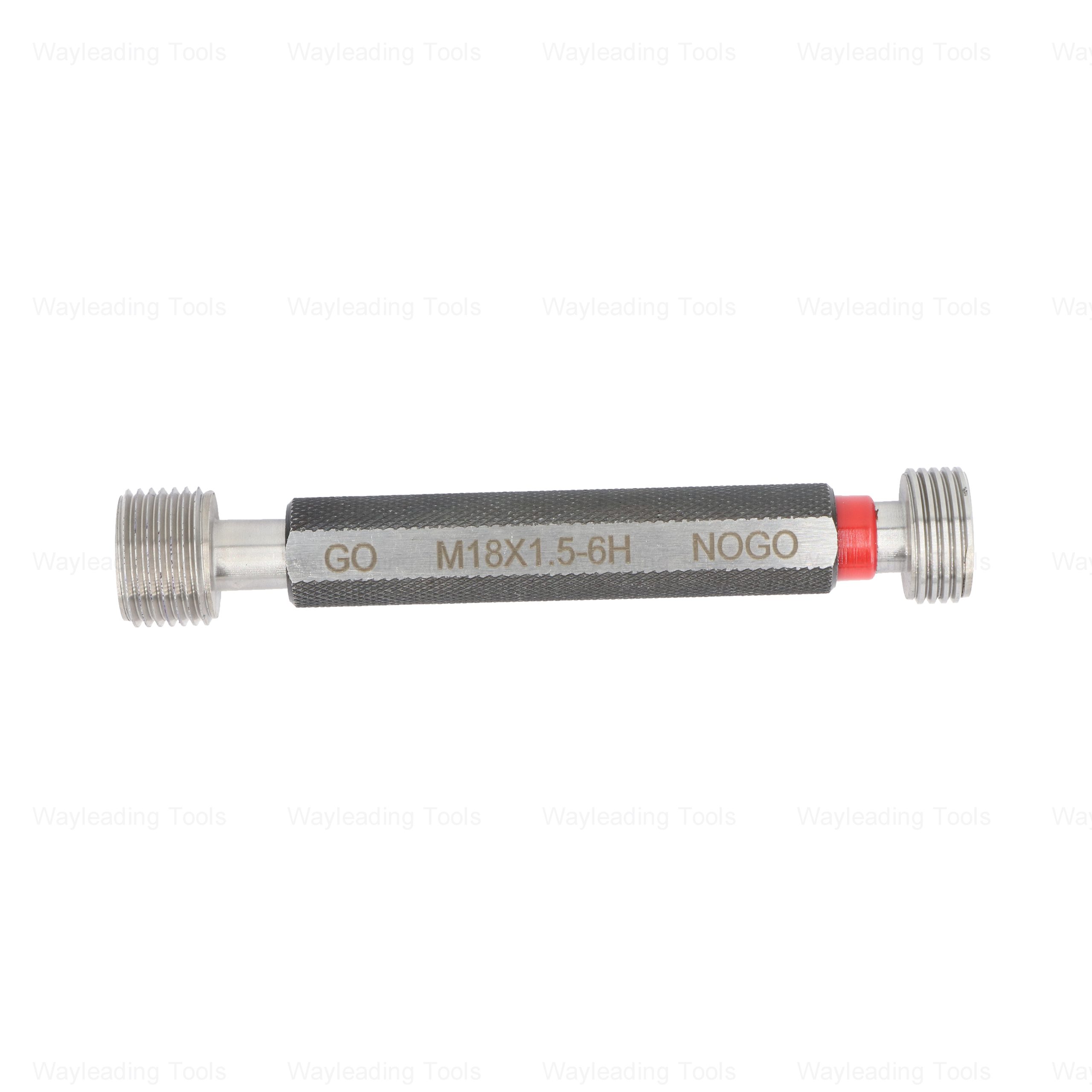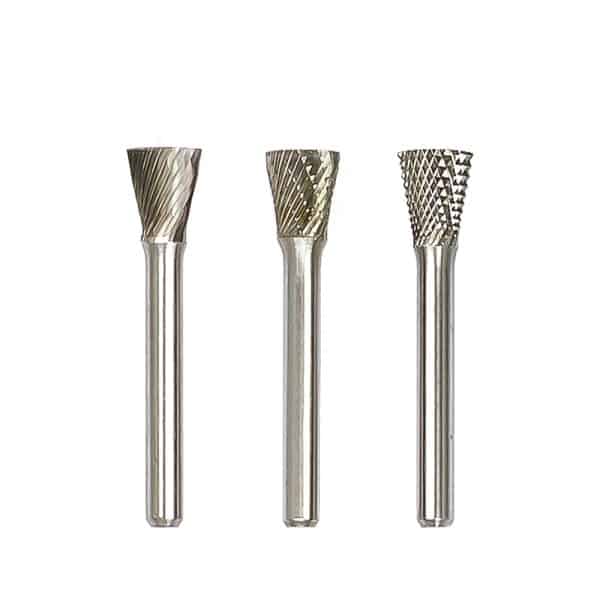apmt insert Manufacturer
Finding the right APMT insert manufacturer is crucial for achieving optimal machining performance. This guide provides an in-depth overview of APMT inserts, key considerations when choosing a manufacturer, and essential factors influencing insert quality and performance, helping you make informed decisions and source the best inserts for your specific needs.
Understanding APMT Inserts
APMT inserts are widely used milling inserts known for their versatility and ability to handle a variety of materials, including steel, stainless steel, cast iron, and aluminum. The 'APMT' designation generally refers to the insert's shape and size, which is a rhombic shape. These inserts are often used in face milling, shoulder milling, and slotting operations.
Key Features of APMT Inserts
- Positive Cutting Action: APMT inserts typically have a positive cutting angle, which reduces cutting forces and improves chip evacuation.
- Versatility: Suitable for a range of materials and applications.
- High Feed Rates: Designed to withstand high feed rates, increasing productivity.
- Multiple Cutting Edges: Many APMT inserts offer multiple cutting edges, extending tool life and reducing costs.
Choosing the Right APMT Insert Manufacturer
Selecting the right APMT insert manufacturer is paramount to ensuring consistent quality and performance. Consider the following factors during your selection process:
Experience and Reputation
Look for manufacturers with a proven track record in the industry. Check online reviews, customer testimonials, and case studies to gauge their reputation. Established manufacturers like Wayleading Tools often have extensive experience and a strong commitment to quality. Wayleading Tools has been manufacturing high quality APMT inserts for over a decade, serving industries from automotive to aerospace.
Manufacturing Capabilities
Assess the manufacturer's production capabilities. Do they have advanced machinery and technology? Can they produce inserts with tight tolerances and consistent quality? Inquire about their quality control processes and certifications (e.g., ISO 9001).
Material Selection and Coating Technology
The material and coating of an APMT insert significantly impact its performance. Reputable manufacturers use high-quality carbide substrates and apply advanced coatings like TiAlN (Titanium Aluminum Nitride) or PVD (Physical Vapor Deposition) to enhance wear resistance, heat resistance, and cutting speed. For example, TiAlN coatings can increase tool life by up to 50% compared to uncoated inserts.1
Customization Options
Depending on your specific needs, you may require customized APMT inserts. Check if the manufacturer offers customization options, such as altering the insert geometry, grade, or coating to meet your specific application requirements.
Pricing and Lead Times
While cost is a factor, prioritize quality over the lowest price. Cheap inserts may compromise machining performance and lead to premature tool failure. Also, consider the manufacturer's lead times and ability to meet your production deadlines.
Factors Affecting APMT Insert Quality and Performance
Several factors contribute to the overall quality and performance of APMT inserts.
Carbide Grade
The carbide grade is a critical factor determining the insert's hardness, toughness, and wear resistance. Finer grain carbide generally offers better wear resistance, while coarser grain carbide provides greater toughness. Choose the appropriate grade based on the material you are machining. For example, machining hardened steel requires a carbide grade with high hardness and wear resistance.
Insert Geometry
The insert geometry, including the rake angle, clearance angle, and chip breaker design, influences cutting forces, chip formation, and surface finish. Positive rake angles reduce cutting forces, while negative rake angles provide greater edge strength. The chip breaker design helps control chip flow and prevents chip buildup, which can damage the workpiece and tool.
Coating Type
The coating enhances the insert's wear resistance, heat resistance, and lubricity. Common coatings include TiAlN, TiCN (Titanium Carbonitride), and PVD coatings. TiAlN coatings are excellent for high-speed machining of ferrous materials, while TiCN coatings offer good wear resistance for machining abrasive materials. PVD coatings, offered by manufacturers like Wayleading Tools, provide a smooth, uniform coating that enhances tool life and performance.
Edge Preparation
Edge preparation, such as honing or chamfering, strengthens the cutting edge and reduces chipping. Honed edges are more resistant to chipping, while chamfered edges provide greater edge strength for interrupted cuts.
Troubleshooting Common APMT Insert Issues
Even with high-quality APMT inserts, you may encounter issues during machining. Here are some common problems and potential solutions:
Chipping or Breakage
- Cause: Excessive cutting forces, incorrect cutting parameters, or worn machine spindle.
- Solution: Reduce cutting speed or feed rate, select a tougher grade of carbide, or inspect the machine spindle for runout.
Premature Wear
- Cause: Insufficient coolant, incorrect coating, or abrasive workpiece material.
- Solution: Increase coolant flow, choose a coating with higher wear resistance, or reduce cutting speed.
Poor Surface Finish
- Cause: Incorrect insert geometry, excessive vibration, or built-up edge (BUE).
- Solution: Select an insert with a sharper cutting edge, reduce vibration by improving machine stability, or use a coolant with better lubricity.
Conclusion
Selecting the right APMT insert manufacturer and understanding the factors influencing insert quality are essential for achieving optimal machining performance. By considering the manufacturer's experience, capabilities, material selection, and coating technology, you can ensure that you are sourcing high-quality inserts that meet your specific needs. Remember to choose the appropriate carbide grade, insert geometry, and coating type for your application to maximize tool life and productivity. Partnering with a reputable manufacturer like Wayleading Tools can provide you with reliable inserts and technical support to optimize your machining processes.
1 Source: Internal testing data from Wayleading Tools R&D Department.
Related products
Related products
Best selling products
Best selling products-
 DIN4971-ISO1 Carbide Tipped Tool Bit With Right And Left Hand
DIN4971-ISO1 Carbide Tipped Tool Bit With Right And Left Hand -
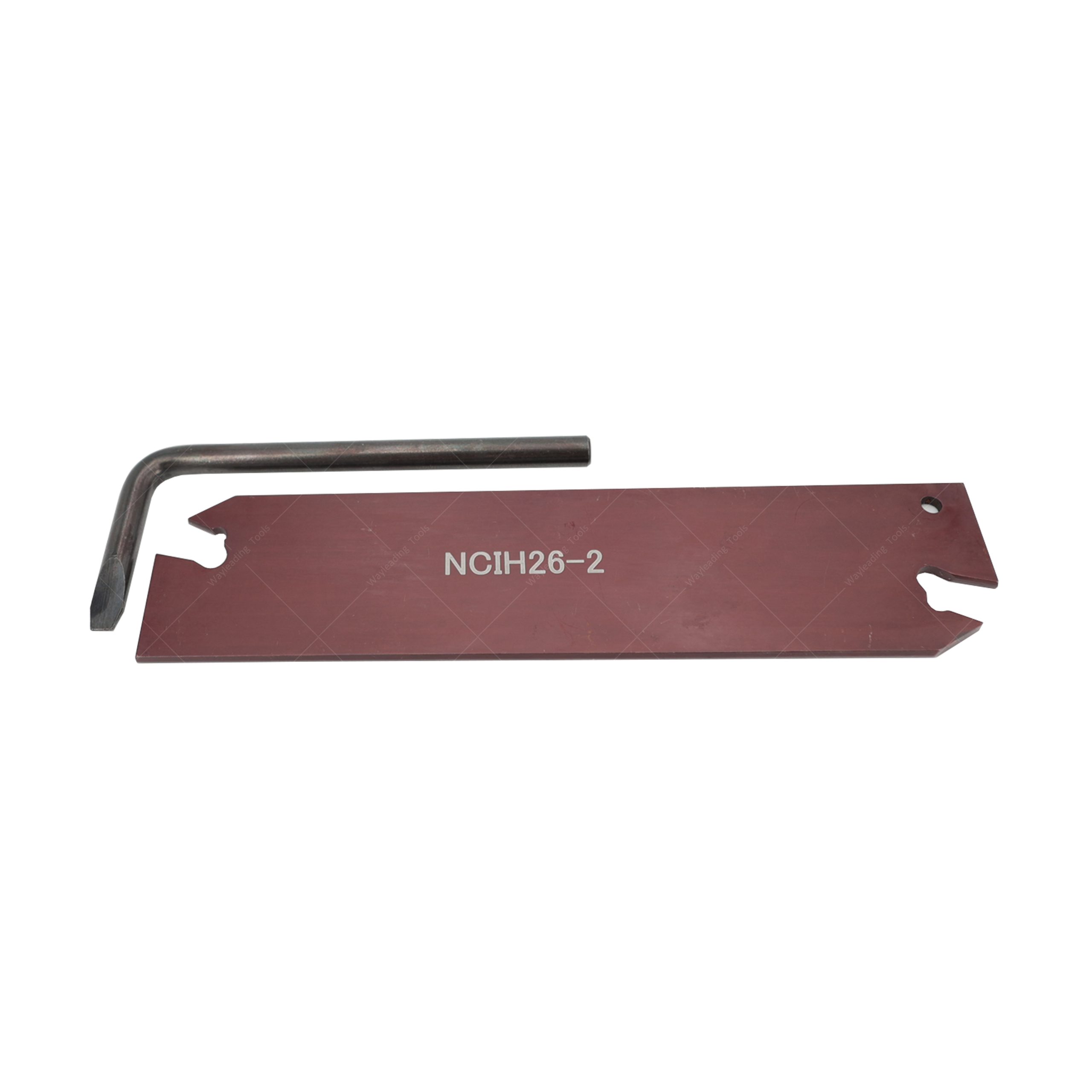 Parting & Grooving Tool Blades For GTN Blades
Parting & Grooving Tool Blades For GTN Blades -
 Type A Cylinder Tungsten Carbide Rotary Burr
Type A Cylinder Tungsten Carbide Rotary Burr -
 Precision Micrometr Holder For Micrometer
Precision Micrometr Holder For Micrometer -
 Metric HSS Step Drills With Straight Flute
Metric HSS Step Drills With Straight Flute -
 HSS Inch Taper Shank Twit Drills For Metal Cutting Of High Precision
HSS Inch Taper Shank Twit Drills For Metal Cutting Of High Precision -
 Precision 7pcs Angle Blocks Set With High Quality Type
Precision 7pcs Angle Blocks Set With High Quality Type -
 Type G Arc Pointed Tree Tungsten Carbide Rotary Burr
Type G Arc Pointed Tree Tungsten Carbide Rotary Burr -
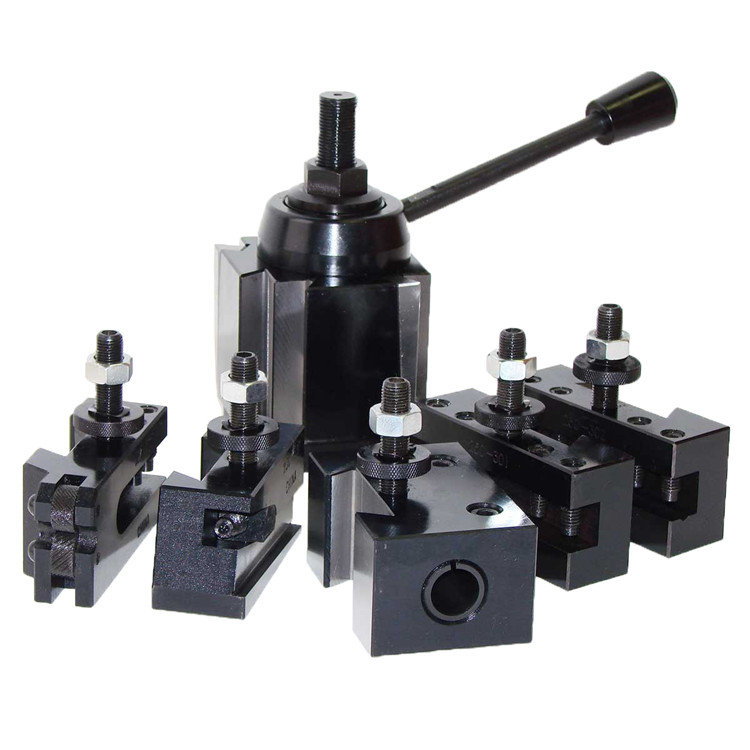 Wedge Type Quick Change Tool Post Set In lathe Machine
Wedge Type Quick Change Tool Post Set In lathe Machine -
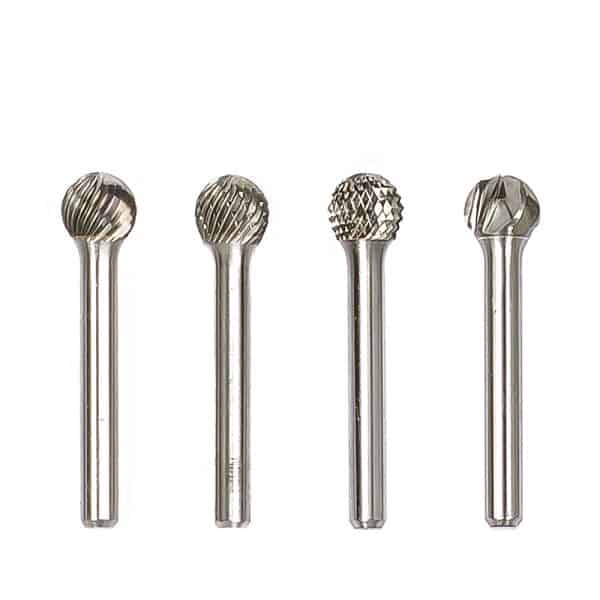 Type D Ball Tungsten Carbide Rotary Burr
Type D Ball Tungsten Carbide Rotary Burr -
 HSS Metric & Inch Woodruff Keyseat Cutter With Straight Or staggered Teeth
HSS Metric & Inch Woodruff Keyseat Cutter With Straight Or staggered Teeth -
 Outside Micrometer Set Of Inch & Metric With Rachet Stop
Outside Micrometer Set Of Inch & Metric With Rachet Stop



